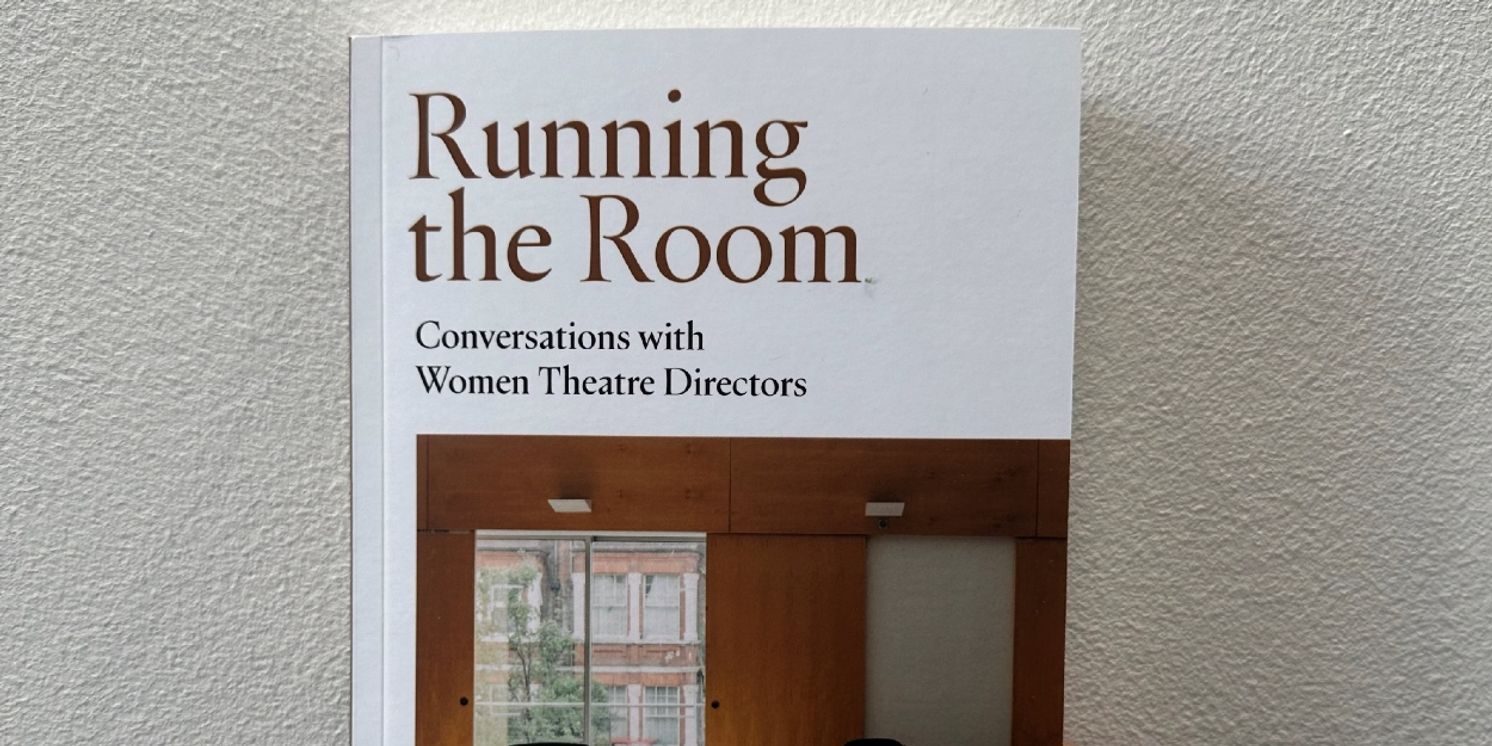Book Review: RUNNING THE ROOM: CONVERSATIONS WITH WOMEN THEATRE DIRECTORS
An astonishing collection of conversation with women directors hits the shelves.

Many theatre directors have written memoirs and how-to guides. What happens when a critic sits down with a list of top-billed names? A candid, in-depth record of conversations about art and life ensues. Twenty-four women opened up to Rosemary Waugh in a collection of interviews that detail their approach to the craft.
Featured in the selection are the incoming AD of The National Theatre Indhu Rubasingham, Olivier Award winner Rebecca Frecknall, pioneering figure Emma Rice, and Co-Artistic Director of the Royal Shakespeare Company Tamara Harvey among others.
Running the Room isn’t a bible nor a manifesto. It doesn’t want to write a set of rules for directing plays, nor it wants to impart a Weltanschauung on how to become a director. It’s a source of inspiration and, more practically, a generous look into the practice of a selected group of people who happen to be women. The book allows the reader to plunge into the mind of theatre-makers who are at the top of their game and analyse their methods freely. The leitmotifs we find in the chapters are as numerous as the differences in their process.
It contains a wealth of knowledge and recognises that, in short, there isn’t a right way to do things. Straightforward prompts about their path to the stage live side by side with queries on combining their role as mothers with the ups and downs of the job and how they run the rehearsal period smoothly. They chat about creating consistent seasons for their own spaces, address how to tackle cuts and avoid clichés, and how they deal with outside pressures or crises of confidence. The spotlight is on the journey that goes from finding the right play to carrying a production into its opening, with a thorough exploration of the nooks and crannies of building a show with a creative team.
While Waugh says she wanted to refrain from asking any questions about feminism or how it feels to be a woman in an industry that’s still unfortunately ruled by masculinity, she doesn’t shy away from addressing the matter in other ways. The opinions on this gender disparity emerge indirectly through the subjects’ observations and the recollections of their struggles as young artists. It's mostly subtle, but it's unquestionably there. Ultimately, there’s a lot of valuable material for budding directors and readers of all genders.
Those who are contemplating the waters of theatre-making will find motivation and guidance, those who are already initiated will have the chance to compare their own practices with these successful voices', and those who have a voyeuristic interest in the business will have their appetite whet. It’s frankly impressive that we can dip into this well of wisdom for only £12.99.
Running the Room is out now from Nick Hern Books.
Reader Reviews
Videos

